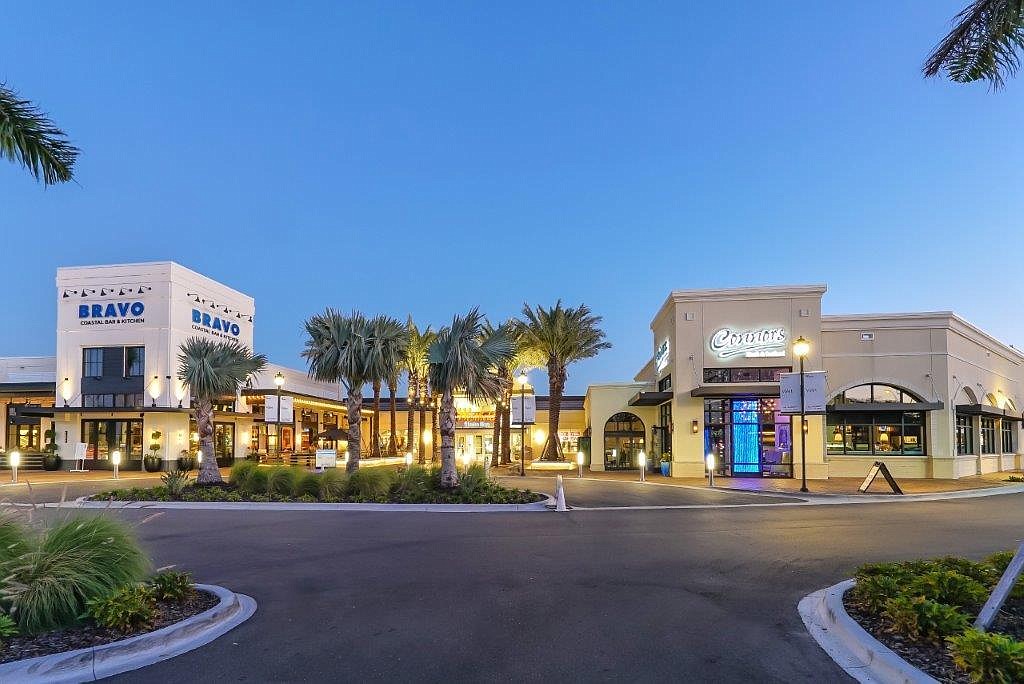- December 15, 2025
-
-
Loading

Loading

While the conversation about the future of traditional malls often focuses on bringing them back to life with a broader tenant mix or experimenting with anchor space, the reality is that in many cases the best thing to do is turn them into something else.
The reason is malls are built on huge parcels that developers find attractive because the fundamentals and infrastructure are already in place.